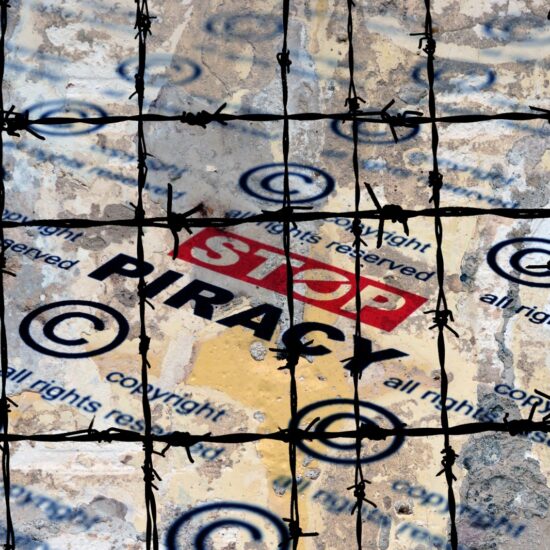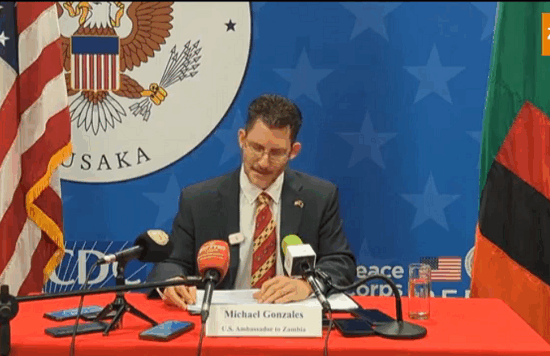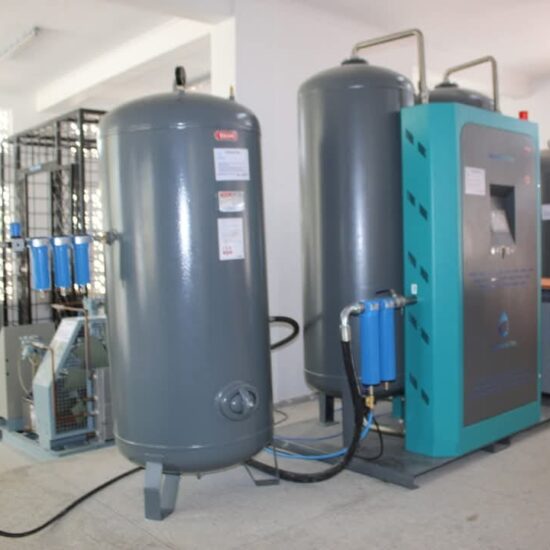
The cost of living for an average family of five in Lusaka has increased by K212 from K5, 331 in February 2019 to K5, 543 in Match 2019, the Jesuit Center for Theological Reflection – JCTR has revealed.
According to the JCTR latest Basic Needs Basket – BNB report issued to the Zambian Business Times – ZBT, JCTR Programmes officer Chanda Chileshe stated that the most significant increases were recorded in the price of charcoal which increased by K27 from K132 in February to K159 in March per 90kg bag. Most of Zambia’s households still rely on charcoal as an energy source for cooking and heating.
Chileshe said the center has noted that the cost of food items on the market has continued to increase and remained high with an increase to K1, 657.15 in March, up from K1, 495 .86 in February 2019, making it unaffordable for many households.
He disclosed that Zambia has been encountering adverse effects of changing weather patterns that have comprised of dry seasons, increased temperatures and flash floods hence this has threatened food security in the country and is resulting in hunger and increased price of key staple foods like maize.
“JCTR has always cautioned government on the need to diversify the agriculture sector, as this may stabilize domestic prices of essential food commodities and produce sufficient food for the whole year even in the face of changing climatic conditions, however, the government has been slow to actualize diversification and this has had perennial negative effects on prices of basic household essentials,” he said.
The BNB report also showed that mealie meal prices increased by K14 from K86 in February to K100 in March for a 25 kg bag, green vegetables increased by K5 from K8 in February to K13 in March, Sugar increased by K1.5 from K25.5 in February to K27 in March per 2 kg.
Some reductions were however recorded in the price of fish which reduced by K13.5 from K140 in February to K126.5 in March per Kg and Tea reduced by K 25.5 from K96 in February to K70.5 in March per Kg. He added that the increase in the price of mealie meal was due to the scarcity of maize on the market adding that the two factors accounted for this scarcity are the reduced maize stocks at this time of year and the lifting of the mealie meal export ban.
The report stated that the lifting of the maize and mealie meal export ban was done abruptly and without careful considerations of its impact on the cost of mealie meal locally hence the center the center is happy to have learnt that government has now reversed its position on the export ban.
He reiterated that the increase in the price of charcoal is attributed to high transport costs that are being incurred when transporting charcoal while the reduction in the price of fish is attributed to increased supply of the commodity on the market after the rainy season as well as the small scale fish farming output.
JCTR has also urged government to promote agriculture diversification other than concentrating on maize production as maize is a political crop and too much reliance on it will affect the country’s food security negatively especially during this time of harsh climatic conditions which do not guarantee to a good maize harvest.
He further said the addition of new crops or cropping systems to agricultural production is a sustainable solution to food security and an addition to the farmer’s income hence the need for government to work with farmers and the private sectors to promote crop diversification.







